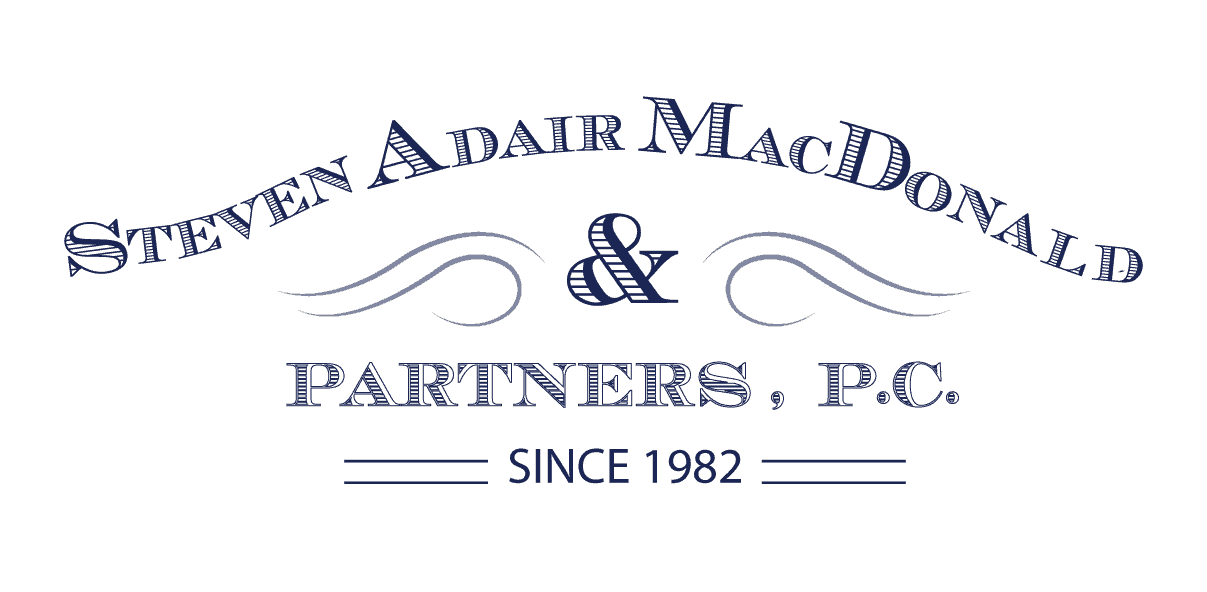
The Benefits of Having a Tenant Lawyer on Your Side…

We understand that facing eviction can be a stressful and overwhelming experience, but our team is here to guide you through the process and help you understand more about what happens in eviction court in San Francisco, CA. We can also provide you with the legal representation you deserve. We can help you understand your rights as a tenant, negotiate with your landlord, and represent you in court.
Steven Adair MacDonald & Partners, P.C. is a renowned law firm dedicated to providing exceptional legal services to clients facing various legal challenges. The firm has a team of experienced attorneys who are committed to helping clients navigate complex legal issues and achieve the best possible outcome. A San Francisco eviction defense lawyer can help you decide the best strategy to protect your rights as a tenant. Contact us now!
An eviction court is a place where landlords and tenants go to settle disputes over housing issues. It is a formal process that provides legal protection to both sides and is presided over by a judge, who makes decisions based on the evidence presented in court.
The majority of cases heard in eviction court are concerning non-payment of rent by tenants, but other disputes such as damage to property can also be brought to court.
Eviction courts are necessary to ensure that each side’s rights and responsibilities are respected according to the law, while allowing landlords and tenants the opportunity to have their day in court before any drastic action, such as an eviction, is taken.
The participants in an eviction court case can vary depending on the jurisdiction and the specific circumstances of the case. However, the following individuals or entities are typically involved:
It’s important to note that eviction court procedures and participants can differ between states and even between counties within the same state. At Steven Adair MacDonald & Partners, P.C., our experienced eviction attorney in San Francisco, CA will provide you with the right guide.
Eviction court proceedings require a number of documents to be presented in order to reach a resolution.
Here are some of the most common documents that are typically required:
1. Notice to Vacate
This document is the first step in the eviction process and informs the tenant that they need to vacate the rental property by a specific date. The notice must be served to the tenant according to the specific requirements in the relevant state’s landlord-tenant laws.
2. Complaint or Petition
It is a legal document filed by the landlord to initiate the eviction process in court. It must include information about the rental property, the names of the landlord and tenant, and the specific reasons for the eviction.
3. Summons and Complaints
The court will issue a summons and complaint that must be served on the tenant, informing them of the court date and time and providing them with a copy of the complaint filed against them.
4. Answer or Response
The tenant must file an answer or response to the complaint within a specified period, generally between five and thirty days depending on the state. The response should address the allegations made by the landlord and can include any defenses or counterclaims the tenant may have.
5. Lease Agreement
The lease agreement between the landlord and tenant may be used as evidence in eviction court proceedings. The lease agreement can provide important information about the terms of the rental agreement and the obligations of both parties.
6. Evidence
Both the landlord and tenant may present evidence to support their case, such as photographs, receipts, rental payment records, or witness testimony.
It is important to come prepared because the amount of time your hearing lasts depends on how organized your supporting documents are and how vigorously contested the case is by the two parties involved.
On average, an eviction court hearing may take anywhere from 15 minutes to several hours depending on the complexity of the situation. If all goes smoothly, some hearings may be finished in as little as a few minutes, while more complicated matters typically need more time to be resolved.
Regardless, it’s important to give yourself ample time before your scheduled hearing to prepare the necessary evidence and paperwork, so that you can have your best chance of success in court.
Generally, below are the factors that may affect how long the court proceedings will take:
Evictions can be an intimidating process, but having the guidance of experienced eviction lawyers from San Francisco, CA can help alleviate some of the stress. Whether you’re a tenant facing eviction proceedings or a landlord living through stressful times, our legal team is here to assist with all of your questions about what happens in court.
Our knowledgeable attorneys are well-versed in the nuances and practices for eviction cases in California, with decades of experience in court settlement negotiations that benefit both sides.
If you want to know more about what happens in eviction court in San Francisco, CA, at Steven Adair MacDonald & Partners, P.C., our goal is to ensure that you have the representation and support you deserve so you make informed decisions throughout the entire process.
Call us immediately or set up an appointment to talk with our eviction attorney as soon as possible.
There are two sides to every story —
let yours be heard.
Steven Adair MacDonald & Partners, PC
870 Market Street
Suite 500
San Francisco, California 94102
United States
(415) 956-8698
Copyright © 2024 Steven Adair MacDonald & Partners, PC - All Rights Reserved. | Powered by Advantage Attorney Marketing & Cloud Solutions